Center for Criminal Justice Reform staff reviewed this page prior to publication.
The Open Philanthropy Project recommended a grant of $200,000 to the Center for Criminal Justice Reform (CCJR) via the American Conservative Union Foundation to support Pat Nolan’s work on criminal justice reform.
One of our goals in this area is to help build new political constituencies that advocate for criminal justice reform, while also strengthening existing constituencies. We believe that increasing Pat Nolan’s ability to coordinate conservative voices that favor reform and to communicate about these issues with the conservative base might help increase Republican support and energy for criminal justice reform.
1. Background
This grant falls within our work on criminal justice reform, one of our focus areas within U.S. policy.
1.1 The organization
The Center for Criminal Justice Reform (CCJR) aims to increase support for criminal justice reform from conservative policymakers in Congress and at the state level, as well as among the conservative base more broadly. It is led by Pat Nolan, a conservative Republican, evangelical Christian, and formerly incarcerated person. Mr. Nolan’s views on criminal justice reform are grounded in the values of faith and human dignity.
Mr. Nolan appears to us to have played a valuable role over the past several years in organizing a coalition of conservative leaders committed to supporting criminal justice reform. His approach and success are described in a recent New Yorker article,1 and his work was highlighted in a 2012 Washington Monthly article.2
2. About the grant
2.1 Proposed activities
Currently, Mr. Nolan’s capacity is somewhat limited; he does not have personal staff, and does not have enough time to personally engage with all potential opportunities.
To help address this, Mr. Nolan plans to hire a staff person to:
- Represent Mr. Nolan, when necessary, in his relationships with Congress, state officials, and allied groups
- Help translate his ideas into written material to distribute
- Help manage engagement with attendees of the annual Conservative Political Action Conference (CPAC)3
- Assist him with blogging and other outreach in order to more effectively reach his grassroots conservative audience
Mr. Nolan also plans to contract for additional social media capacity.
2.2 Budget and room for more funding
We expect our $200,000 grant to be allocated as follows:
- $120,000 for staff salary
- $30,000 for benefits
- $50,000 for social media communications contracts
2.3 Case for the grant
Particularly among political conservatives working in this space, Mr. Nolan stands out to us as likely worthwhile to support. Our impression is that Mr. Nolan has been a central actor in building bipartisan consensus on criminal justice reform, and we believe he is particularly well positioned to continue to move bipartisan reform efforts forward. We believe that increasing calls for reform from conservative voices has a reasonable chance of helping get policy reforms enacted at the state and federal levels.
2.4 Risks and reservations
A potential risk that we see for this grant is that CCJR may devote too much of its time to work on reforms (for instance, mens rea reform) that are popular with the conservative base but are unlikely, in our view, to have a significant impact on incarceration.
We also see some risk stemming from the fact that this grant is being made through the American Conservative Union (ACU),4 an organization that we understand to hold views with which we disagree in some areas other than criminal justice reform. However, Mr. Nolan has told us that his activities and resources under CCJR are managed highly independently from the rest of ACU.
Finally, it may be difficult for us to assess what impact this grant has relative to the baseline scenario of Mr. Nolan not bringing on an assistant. Given Mr. Nolan’s previous work and expertise in this area, we are inclined to trust his assessment that his current limited capacity is resulting in missed opportunities. We are making this grant to give him more resources with the intention of assessing whether this ends up resulting in a substantial increase in his capacity to affect reform efforts.
We do not believe these risks outweigh the potential benefits of supporting Mr. Nolan’s work.
3. Plans for learning and follow-up
3.1 Key questions for follow-up
- Which issue areas did CCJR focus on?
- What is the nature and extent of the base CCJR has built? (Depending on CCJR’s goals and strategy, this might be measured by, e.g., the size of its compiled contact list, or an increase in readership of its social media and blog posts.)
- How much has CCJR been able to extend its reach (e.g. through an increase in articles and op-eds produced, meetings convened or attended, or conservative-signatory letters drafted and distributed)? What impact has that extended reach had?
- Has CCJR experienced any unexpected challenges since engaging in this grant?
- What other resources or activities are needed in this area?
3.2 Follow-up expectations
We expect to be in contact with Mr. Nolan regularly over the course of the grant, with a formal follow-up after six months to get an update on CCJR’s activities, and a second follow-up at the one-year mark to try to assess whether CCJR has had an impact on federal sentencing reform. Towards the end of the grant, we plan to attempt a more holistic and detailed evaluation of the grant’s performance.
4. Our process
Chloe Cockburn, our Program Officer for Criminal Justice Reform, was aware of Pat Nolan’s work before joining Open Philanthropy. In the fall of 2015, Chloe reached out to Mr. Nolan to solicit a proposal for activities that he might pursue with more resources.
5. Sources
| DOCUMENT | SOURCE |
|---|---|
| ACU Homepage | Source (archive) |
| CPAC Homepage | Source (archive) |
| Dagan and Teles 2012 | Source (archive) |
| Keller 2015 | Source (archive) |
